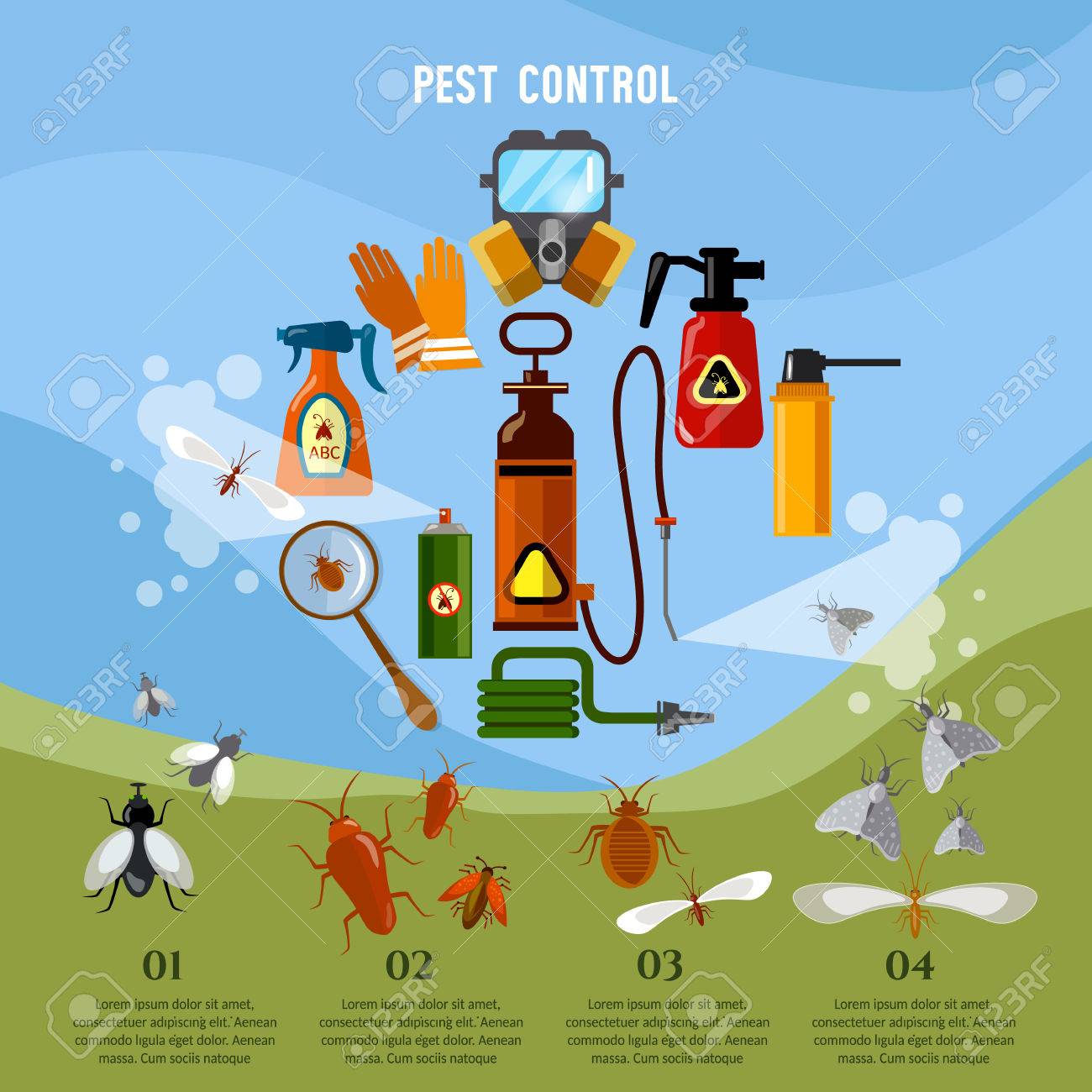Exploring Advanced Techniques Used By Bug Management Professionals
Exploring Advanced Techniques Used By Bug Management Professionals
Blog Article
Write-Up Writer-Bynum Kincaid
Are you tired of relying exclusively on sprays to handle bugs in your home or workplace? While sprays can be effective, pest control experts have actually developed advanced strategies that exceed simply spraying chemicals.
These strategies not just offer more efficient and lasting remedies, yet also focus on minimizing the use of dangerous chemicals. By discovering these advanced methods, you will uncover an entire new world of pest control methods that are not just reliable, but additionally eco-friendly.
So, are you all set to take your pest control video game to the following level?
Integrated Pest Administration (IPM)
If you're trying to find a reliable and environmentally-friendly technique to pest control, Integrated Bug Monitoring (IPM) is the solution you need. IPM concentrates on long-lasting avoidance and management of pests, as opposed to simply relying on pesticides. This method takes into consideration the specific requirements and actions of insects, as well as the surrounding setting.
By using a combination of methods such as organic control, habitat manipulation, and targeted pesticide use, IPM intends to decrease the dependence on chemical therapies and lessen harm to non-target organisms.
One vital facet of IPM is checking and recognizing pests precisely. This involves on a regular basis inspecting and analyzing the pest population, as well as identifying the certain varieties existing. By recognizing the biology and behavior of parasites, bug control professionals can develop targeted strategies to disrupt their life process and decrease their numbers.
An additional vital element of IPM is making use of non-chemical control methods whenever possible. This can consist of physical barriers, such as installing screens or securing fractures and holes, to stop parasites from entering structures. In addition, cultural methods, like correct sanitation and waste monitoring, can assist get rid of parasite food sources and reproducing grounds.
When pesticides are required, IPM focuses on using them deliberately and as a last option. This means picking the least hazardous and most reliable alternative, using it exactly and just to influenced areas, and following all security guidelines. By reducing more resources , IPM lowers the prospective dangers to human health and the environment.
Biological Control
To further boost the performance of Integrated Bug Monitoring (IPM), the next subtopic we'll explore is the approach of organic control. This method makes use of all-natural predators or bloodsuckers to control parasites.
Right here are 4 crucial aspects of biological control:.
1. Intro of all-natural opponents: In this approach, beneficial bugs or organisms are presented to the location plagued with bugs. These natural enemies prey on the pests, assisting to lower their populace.
2. Conservation of all-natural opponents: Instead of presenting new microorganisms, this approach concentrates on producing an ideal atmosphere for existing beneficial insects. This can be attained via offering food, shelter, and water sources.
3. Enhancement: Here, the variety of all-natural adversaries is increased synthetically by reproducing and releasing them right into the plagued area. This assists to quickly minimize the pest population.
4. Push-pull technique: This technique combines repellents and attractants to control the actions of bugs. Repellents press parasites far from crops, while attractants tempt them towards trap crops or areas where they can be conveniently controlled.
Environment Modification
Environment alteration plays an important duty in pest control by altering the atmosphere to discourage parasite invasions. By making termite control termite treatment inspection to the physical attributes of a space, you can create an inhospitable atmosphere for bugs, making it harder for them to survive and flourish.
One typical approach of habitat adjustment is removing or minimizing possible food sources for bugs. This can consist of proper waste administration, securing containers, and tidying up food crumbs.
In addition, eliminating or decreasing areas of standing water can aid regulate bugs like insects.
Changing just click the next web site by cutting trees and hedges away from structures can also avoid bugs from accessing your residential or commercial property.
Verdict.
So there you have it - the sophisticated methods used by pest control professionals go beyond just spraying chemicals. Integrated Parasite Administration (IPM) combines different approaches to properly control parasites, while organic control takes advantage of all-natural enemies to maintain insect populations in check.
Habitat modification additionally plays a crucial role in preventing insect infestations.
Did you recognize that according to a research study, carrying out IPM strategies minimized chemical usage by an average of 71%? exterminator to get rid of mice and the atmosphere however likewise conserves money in the long run.
